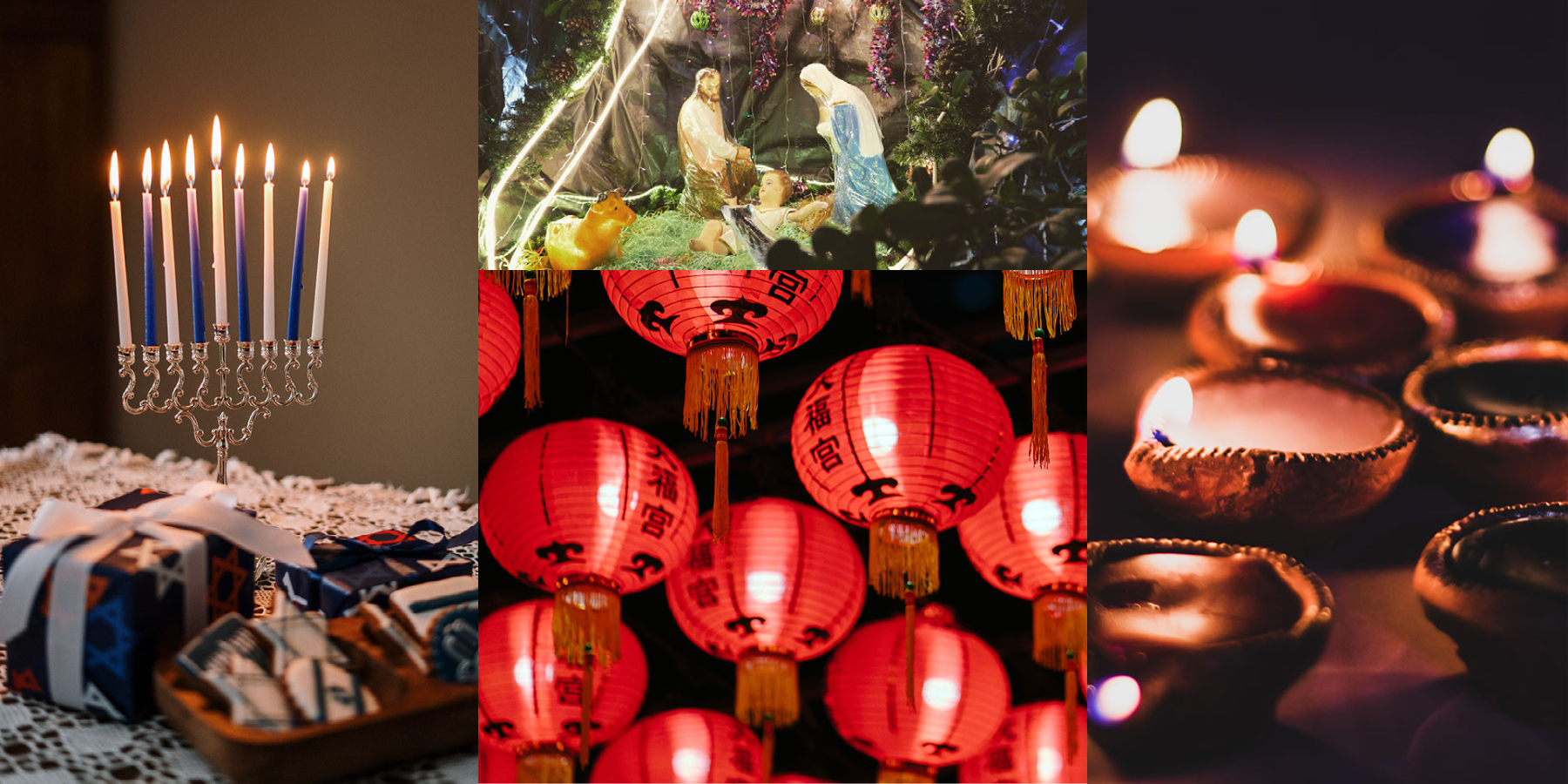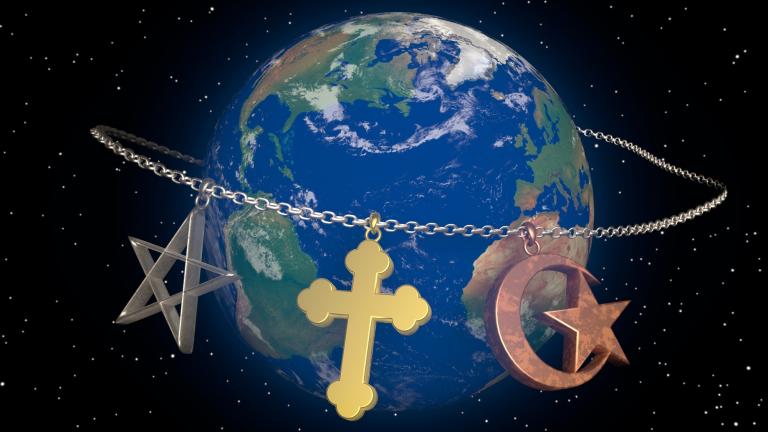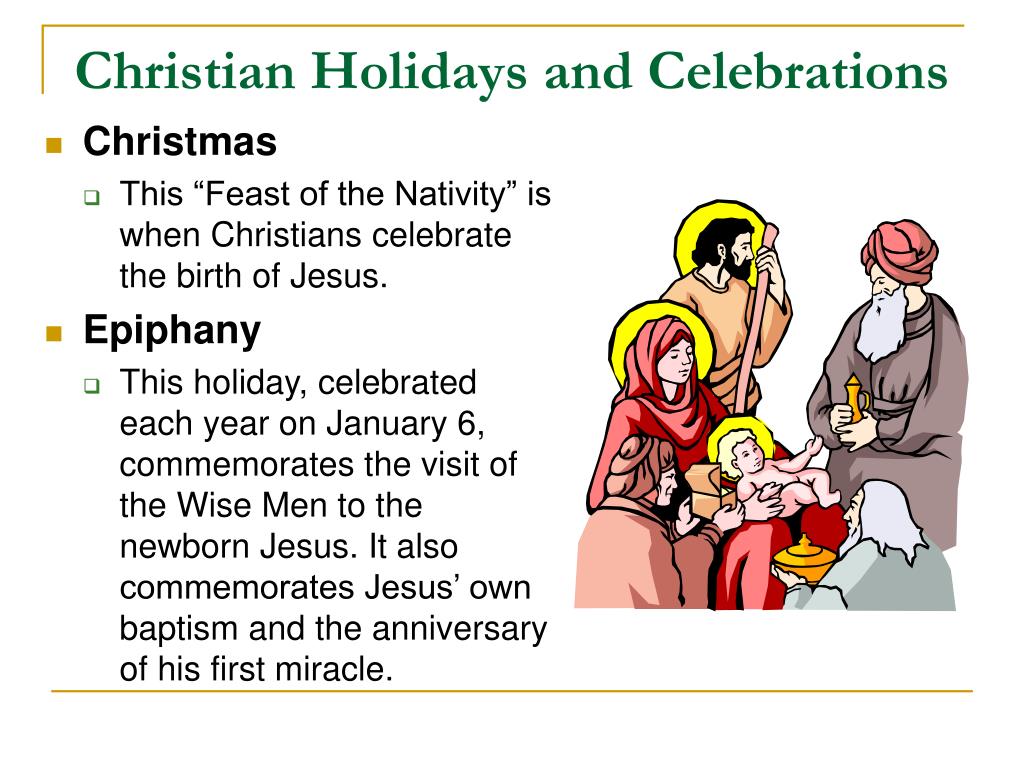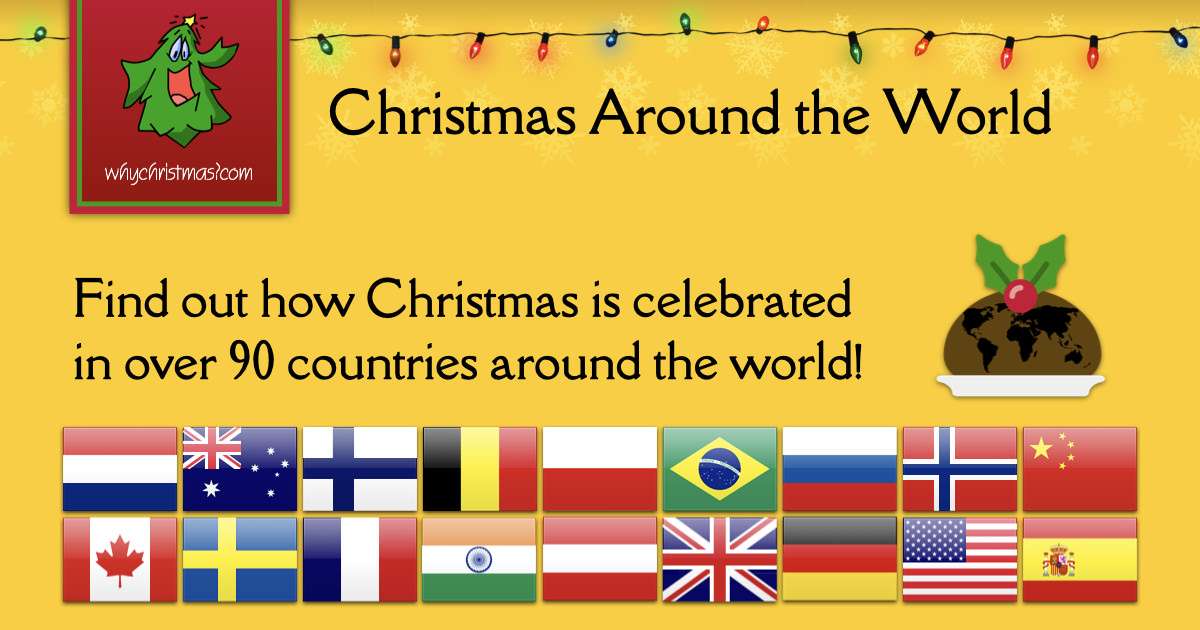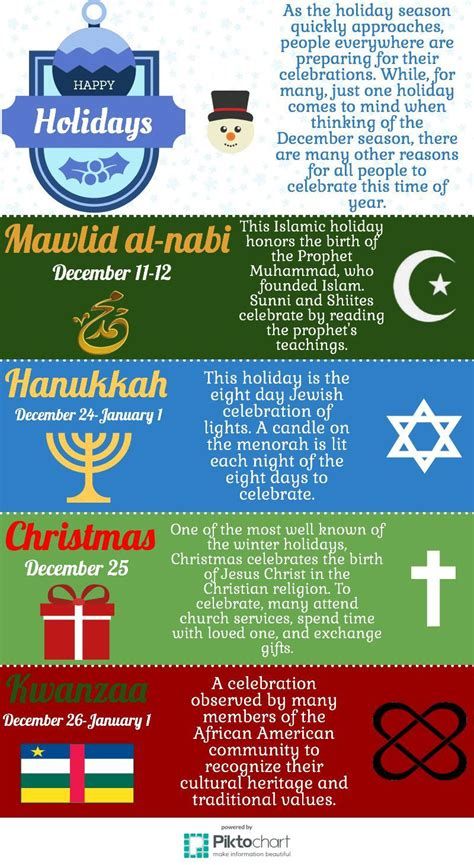
The holiday season is a time of joy, reflection, and celebration for people of different faiths and cultures around the world. While Christmas is a widely recognized holiday, there are many other significant celebrations observed by various religions during this time. In this article, we will explore seven holiday traditions across different religions, highlighting their unique customs, history, and significance.
The holiday season is a time of giving, sharing, and togetherness. As the world becomes increasingly interconnected, it's essential to appreciate and respect the diverse traditions that bring people together. By learning about these customs, we can foster greater understanding, tolerance, and unity among people of different faiths.
1. Hanukkah: The Festival of Lights
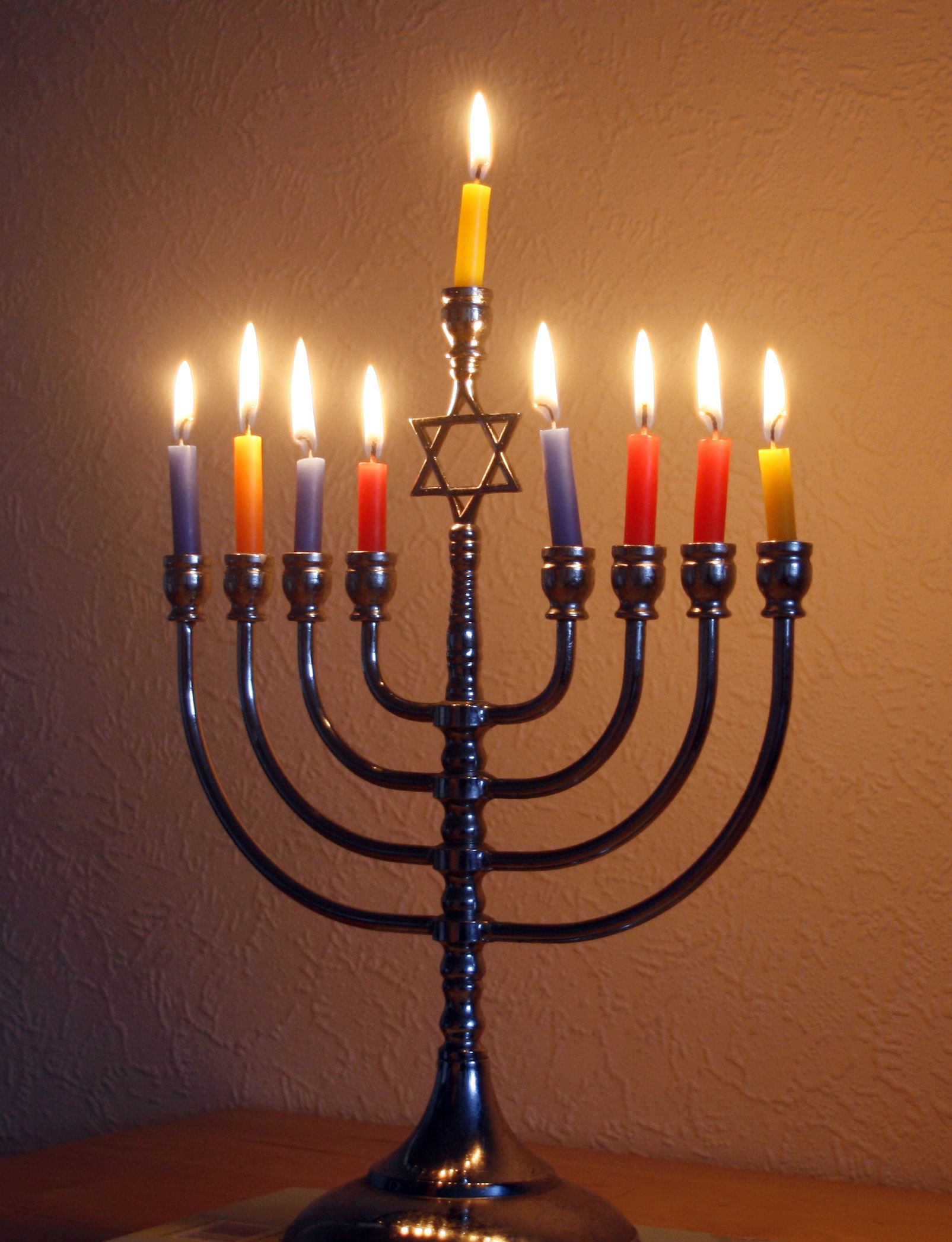
Hanukkah is an eight-day Jewish holiday that commemorates the rededication of the Second Temple in Jerusalem during the Maccabean Revolt in the 2nd century BCE. The festival is also known as the Festival of Lights, as it celebrates the miracle of the oil that burned for eight days in the temple.
During Hanukkah, Jewish families light the hanukkiah, a special menorah with nine branches, each night. They also exchange gifts, eat traditional foods like latkes and sufganiyot (jelly donuts), and engage in activities like playing dreidel and singing Hanukkah songs.
Significance of Hanukkah
Hanukkah is a celebration of faith, freedom, and the triumph of good over evil. It serves as a reminder of the importance of preserving Jewish traditions and culture.
2. Kwanzaa: A Celebration of African Heritage
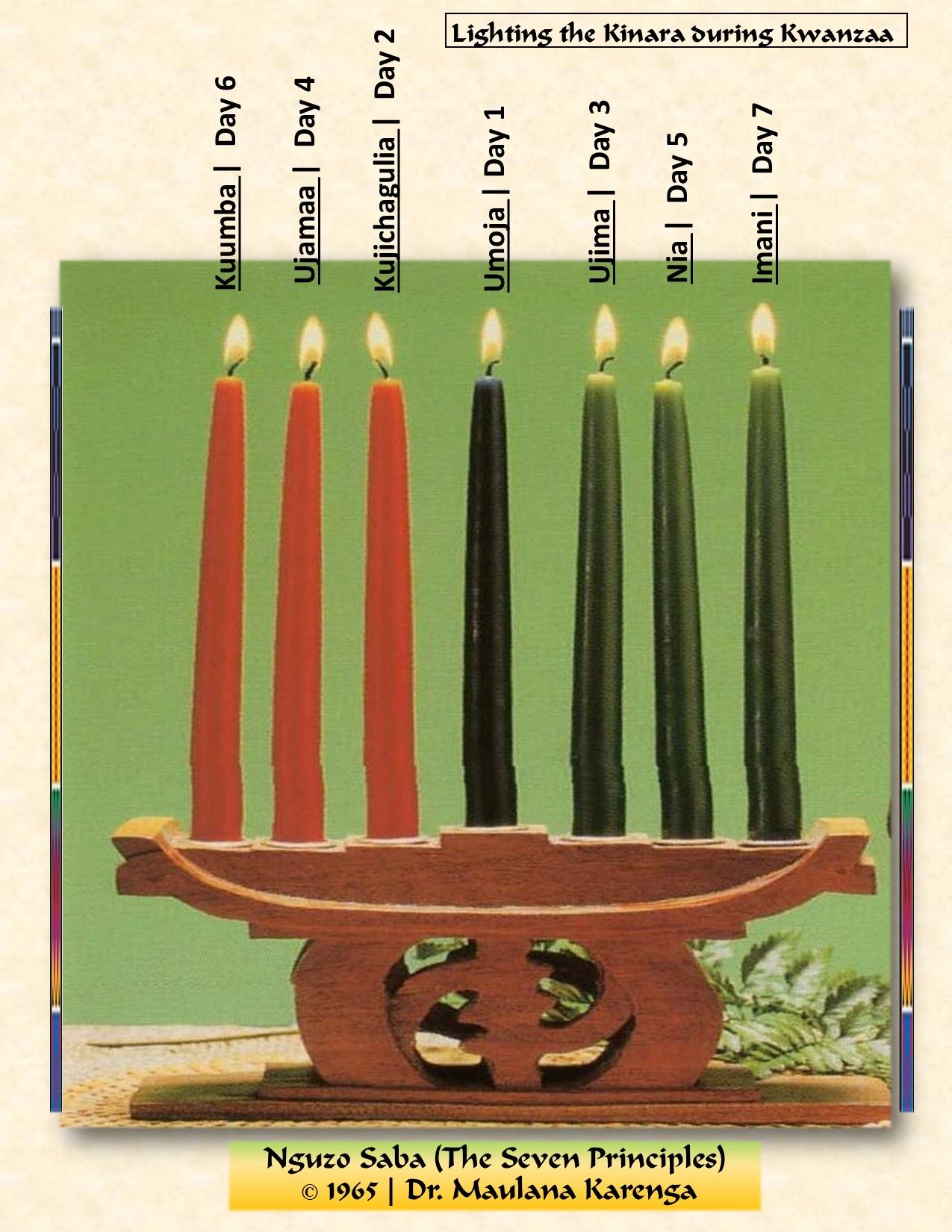
Kwanzaa is a week-long celebration honoring African American culture and heritage. It was created in 1966 by Maulana Karenga, an African American scholar and activist. Kwanzaa is observed from December 26 to January 1, and its name is derived from the Swahili phrase "matunda ya kwanza," which means "first fruits."
During Kwanzaa, families gather to light the kinara, a seven-branched candleholder, and reflect on the seven principles known as the Nguzo Saba. These principles are values of African culture, including unity, self-determination, collective work and responsibility, cooperative economics, purpose, creativity, and faith.
Significance of Kwanzaa
Kwanzaa is a celebration of African American culture, heritage, and community. It emphasizes the importance of unity, self-determination, and collective responsibility.
3. Yule: Winter Solstice Celebration

Yule is a midwinter festival celebrated by many pagans and Wiccans around the world. It marks the winter solstice, the shortest day of the year, and is typically observed on December 21 or 22.
During Yule, people come together to light the Yule log, a symbol of light and warmth in the darkness of winter. They also decorate their homes with evergreen branches, holly, and mistletoe, and engage in activities like feasting, singing, and storytelling.
Significance of Yule
Yule is a celebration of the cycle of life and the return of the sun. It symbolizes hope, renewal, and the triumph of light over darkness.
4. Omisoka: Japanese New Year's Eve
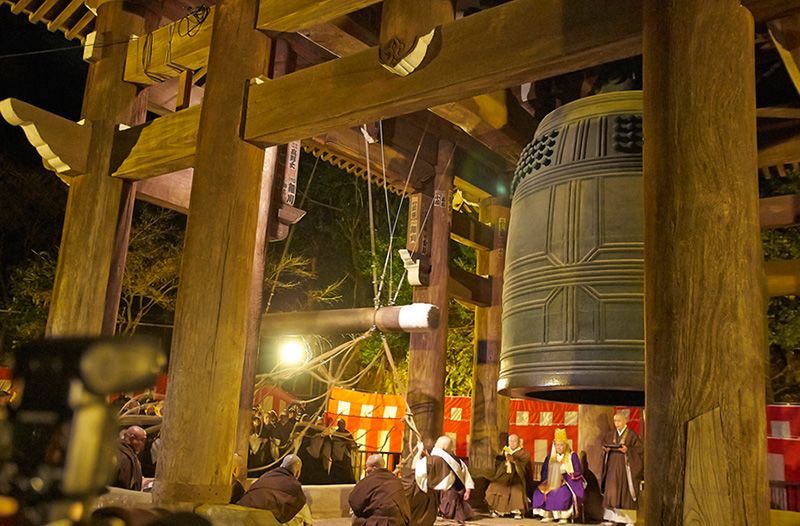
Omisoka is the Japanese New Year's Eve celebration, observed on December 31. It's a time for reflection, forgiveness, and new beginnings.
During Omisoka, people visit shrines and temples to ring the large bell 108 times, symbolizing the 108 earthly desires that Buddhists believe must be overcome to achieve enlightenment. They also eat toshikoshi soba, a special noodle dish, and engage in activities like cleaning and decorating their homes.
Significance of Omisoka
Omisoka is a celebration of the passing of time and the promise of a new year. It emphasizes the importance of reflection, forgiveness, and spiritual growth.
5. Las Posadas: A Mexican Christmas Celebration

Las Posadas is a nine-day Mexican Christmas celebration that begins on December 16 and ends on Christmas Eve. It commemorates the journey of Mary and Joseph as they searched for a place to stay in Bethlehem.
During Las Posadas, families reenact the journey, going from house to house, asking for shelter and singing traditional Christmas carols. They also break piñatas, eat traditional foods like tamales and hot chocolate, and exchange gifts.
Significance of Las Posadas
Las Posadas is a celebration of the true meaning of Christmas and the importance of family, community, and hospitality.
6. Bodhi Day: A Buddhist Holiday
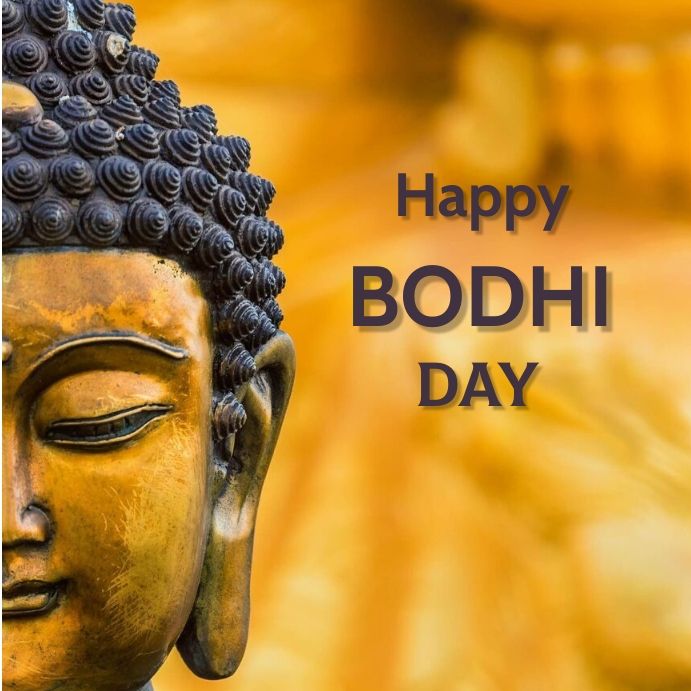
Bodhi Day is a Buddhist holiday that commemorates the enlightenment of Siddhartha Gautama, the founder of Buddhism. It's observed on December 8 and is a time for reflection, meditation, and spiritual growth.
During Bodhi Day, Buddhists decorate their homes with lights and flowers, eat traditional foods like tea and sweets, and engage in activities like meditation and chanting.
Significance of Bodhi Day
Bodhi Day is a celebration of spiritual awakening and the attainment of enlightenment. It emphasizes the importance of mindfulness, compassion, and wisdom.
7. St. Lucia Day: A Scandinavian Christmas Celebration

St. Lucia Day is a Scandinavian Christmas celebration observed on December 13. It commemorates the life of Saint Lucia, a 4th-century martyr who was known for her kindness and generosity.
During St. Lucia Day, families gather to sing traditional Christmas carols, eat sweet breads and cookies, and engage in activities like baking and decorating.
Significance of St. Lucia Day
St. Lucia Day is a celebration of kindness, generosity, and the spirit of giving. It emphasizes the importance of family, community, and charity during the holiday season.
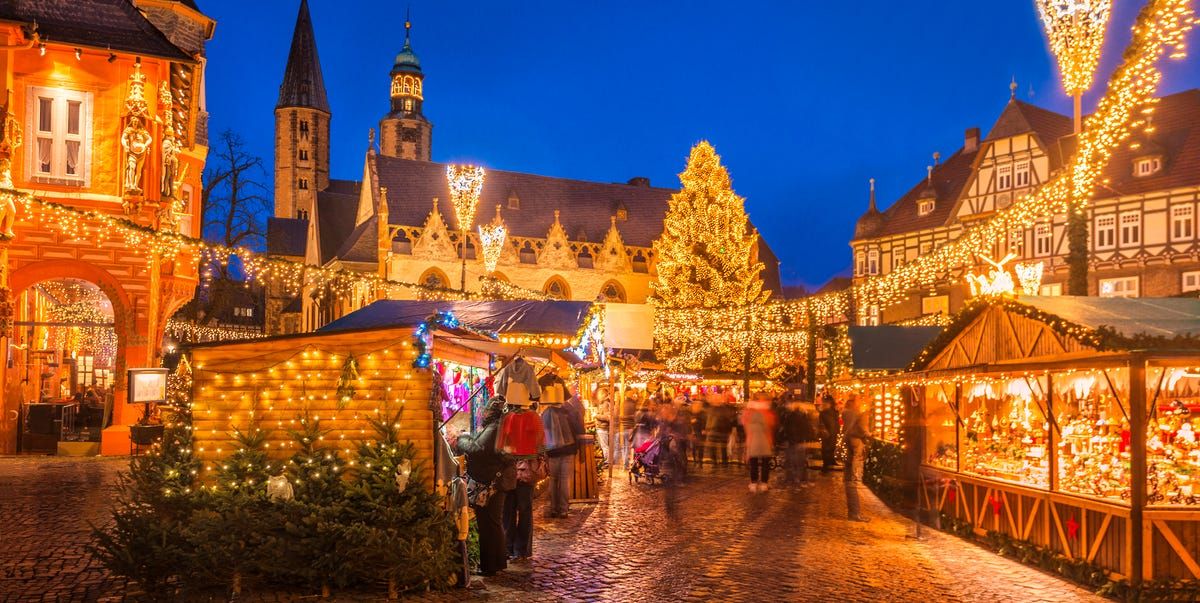
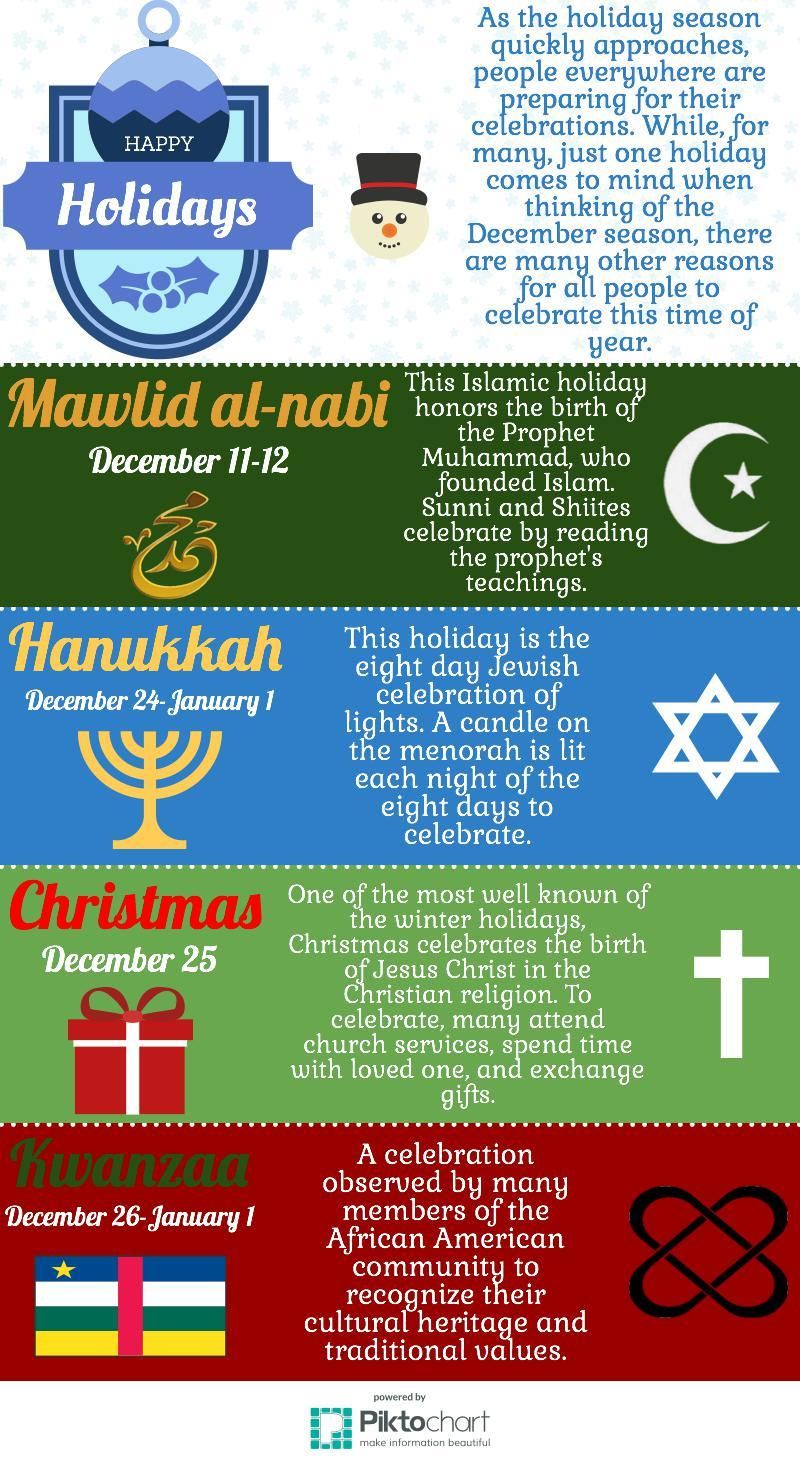

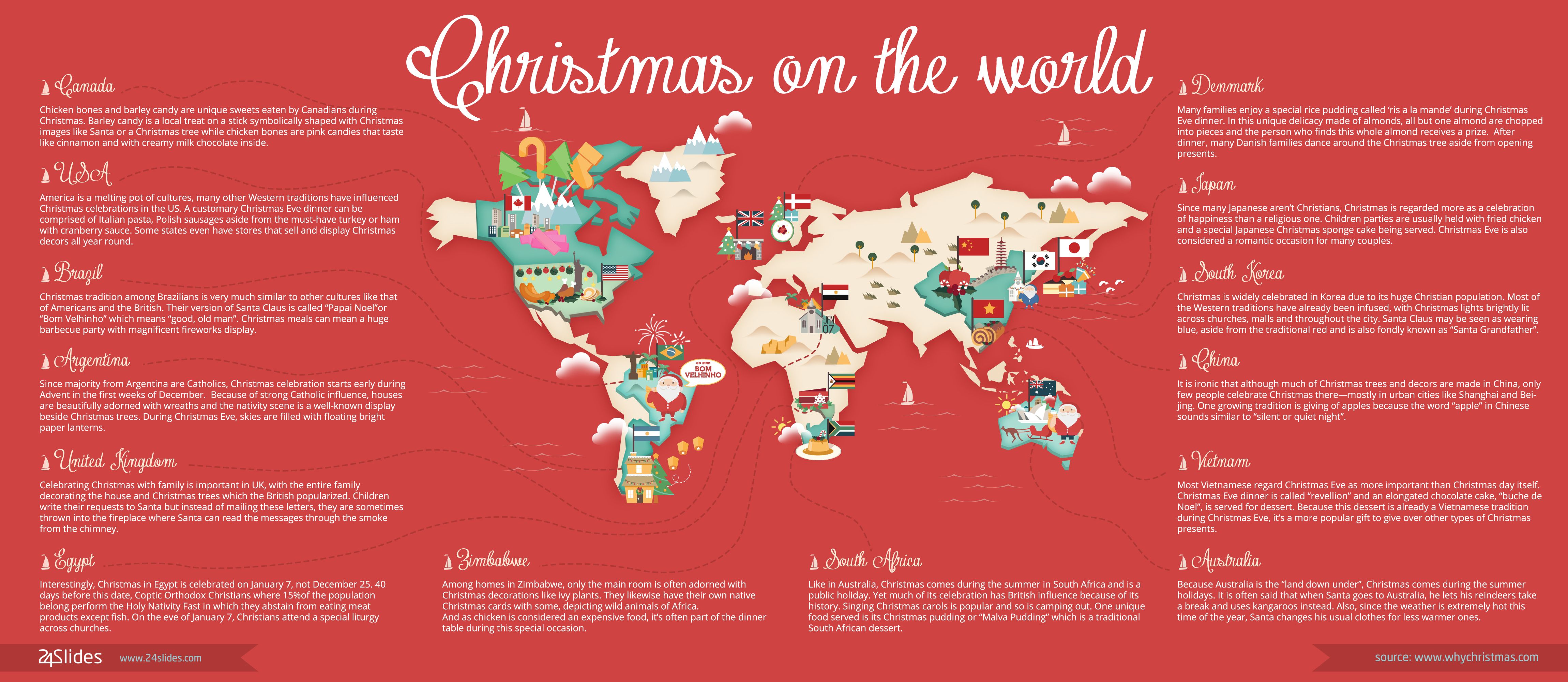
In conclusion, the holiday season is a time of great diversity and celebration around the world. By learning about and appreciating these different traditions, we can foster greater understanding, tolerance, and unity among people of different faiths and cultures.
What is the significance of Hanukkah?
+Hanukkah is a celebration of faith, freedom, and the triumph of good over evil. It serves as a reminder of the importance of preserving Jewish traditions and culture.
What is the meaning of Kwanzaa?
+Kwanzaa is a celebration of African American culture, heritage, and community. It emphasizes the importance of unity, self-determination, and collective responsibility.
What is the significance of Yule?
+Yule is a celebration of the cycle of life and the return of the sun. It symbolizes hope, renewal, and the triumph of light over darkness.
